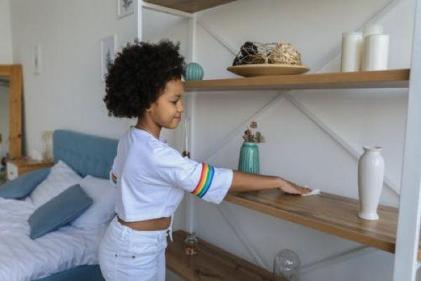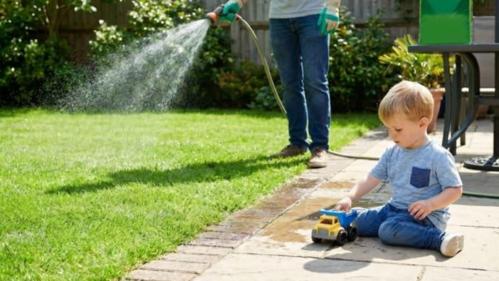The thought of your child opening a present at a birthday party, and complaining loudly in front of the gift giver is enough to give most parents nightmares. However, with a little preparation, you can avoid this.
The most important thing to do is to speak to your child beforehand, and explain that she will be receiving presents, and that even if she doesn’t like them, it’s polite to thank the gift giver, and not to complain. Younger children may struggle to grasp this concept, so you may want to have a few thank yous of your own prepared, to smooth over any problems, or you might try avoiding opening presents until after the guests have left.
Of course, there’s also the issue of the thank you note. It may seem old fashioned, but it is good etiquette to thank people who have given your child presents, and if you don’t, some of your guests may be annoyed. Keep your thank you notes simple – a few lines or a picture is enough, and will convey the message. Alternatively, you could make up thank you notes on the computer and print them out.
Of course, your child will probably much rather be doing something else, but if you remind them that being thanked will make the person who gave them the gift feel special, they will probably comply.
Very young children, aged four and older, can probably remember to thank people who give them presents in person, and can help with writing notes. Eight year olds, on the other hand, should be able to avoid any rude comments, can usually remember to say thank you, and will be able to write their own notes when reminded – so it does get easier!
The most important thing to do is to speak to your child beforehand, and explain that she will be receiving presents, and that even if she doesn’t like them, it’s polite to thank the gift giver, and not to complain. Younger children may struggle to grasp this concept, so you may want to have a few thank yous of your own prepared, to smooth over any problems, or you might try avoiding opening presents until after the guests have left.
Of course, there’s also the issue of the thank you note. It may seem old fashioned, but it is good etiquette to thank people who have given your child presents, and if you don’t, some of your guests may be annoyed. Keep your thank you notes simple – a few lines or a picture is enough, and will convey the message. Alternatively, you could make up thank you notes on the computer and print them out.
Of course, your child will probably much rather be doing something else, but if you remind them that being thanked will make the person who gave them the gift feel special, they will probably comply.
Very young children, aged four and older, can probably remember to thank people who give them presents in person, and can help with writing notes. Eight year olds, on the other hand, should be able to avoid any rude comments, can usually remember to say thank you, and will be able to write their own notes when reminded – so it does get easier!





